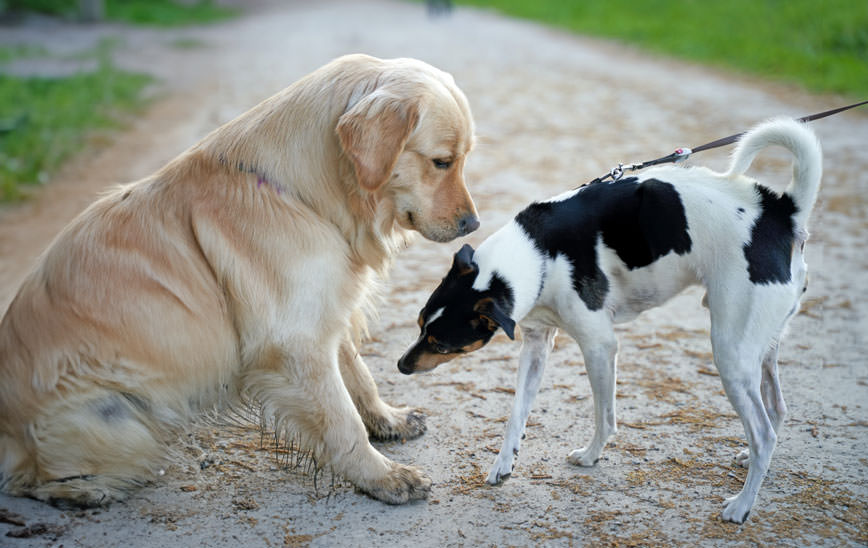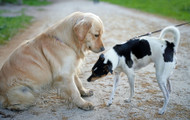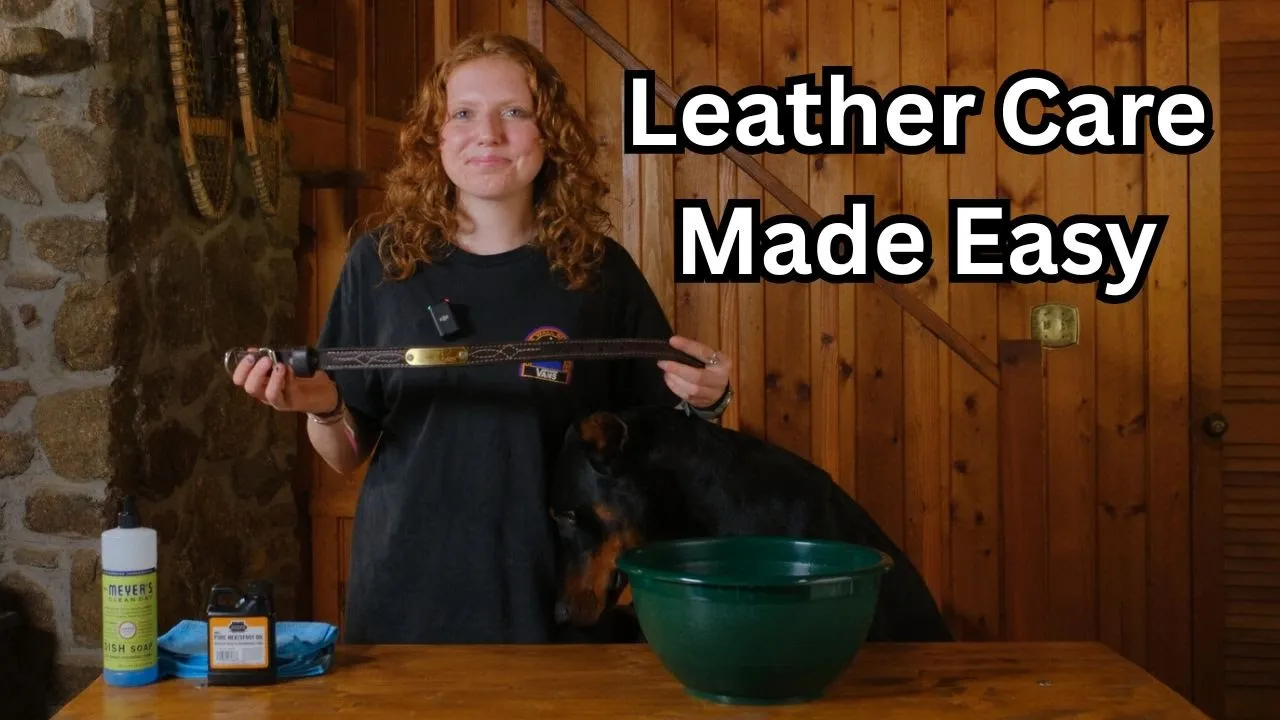Socializing Your Dog 101: What You Need to Know
Sep 7th 2023

Bringing a dog into your life can be one of the most rewarding and memorable experiences you’ll ever have. As part of responsible dog ownership, ensuring they're comfortable around other dogs and people is crucial for their long-term well-being.
Dog socializing is not an overnight process, but it's entirely achievable with the right approach, dedication, and understanding, regardless of their age.
Whether you have a puppy or an adult dog, this guide will walk you through the steps of effective dog socialization training.
Socializing a Puppy
Early socialization is the key to raising a well-adjusted and confident dog. Puppies are most receptive to new experiences between the ages of 3 to 14 weeks, known as the critical socialization period.
During this time, expose your puppy to a variety of positive experiences like meeting other dogs, interacting with people of different ages, and introducing them to various environments like parks and streets. Always ensure that these interactions are positive and stress-free.
However, be sure to adhere to all recommendations from your veterinarian, as dogs at this age have not yet been fully vaccinated against harmful diseases. Therefore, it's crucial only to allow your puppy around healthy dogs.
Positive reinforcement is vital during this stage. Use treats, verbal praise, and affection to reward your pup's calm and curious behavior around new things. Controlled playdates with well-behaved dogs can also aid in developing healthy social skills.
Socializing an Adult Dog
Wondering how to socialize your dog if they are an adult (one year or older)? Socializing an adult dog, especially one adopted later in life, requires patience and a gentle approach. If your dog hasn't been adequately socialized, take things slow and allow them to observe new situations from a distance.
Gradually expose them to new experiences, people, and dogs, ensuring they feel safe and supported throughout the process.
For dogs with a fear of other animals or people, consider seeking the help of a professional dog trainer or behaviorist. These experts can create a tailored socialization plan that addresses your dog's specific anxieties and gradually helps them build confidence.
Tools to Help Socialize Your Dog
During the socialization process, using training treats and toys can be immensely helpful in reinforcing positive behaviors.
High-value treats like small pieces of cooked chicken or age-appropriate training treats can be given as rewards for calm behavior around other dogs and people. Keeping your choice of training treats stored securely in a wearable treat pouch is highly recommended, as this provides quick and controlled access to treats.
Interactive toys are also rewarding during the process of dog socializing. Not only do they provide mental stimulation, but they also help your dog associate positive experiences with novel situations.
As a note of caution, be sure to deliver rewards to your dog when they are alone and away from other dogs. The dog or dogs that are part of your dog socialization training may try to take the toy or treat it as their own, which can lead to aggression, fighting, and an overall negative experience.
Remember, the goal is to create positive associations with social interactions, so always choose treats and toys that your dog finds particularly enticing.
Socializing your dog is an investment in their overall happiness and well-being. Whether you're raising a puppy or helping an adult dog adjust to new experiences, the key is to go at their pace and create positive associations.
With patience, consistency, and the right tools, you can help your dog become a confident and well-socialized companion for life. For all of the high-quality dog socialization training tools needed, including treats and toys, explore our selection at J&J Dog Supplies today!





